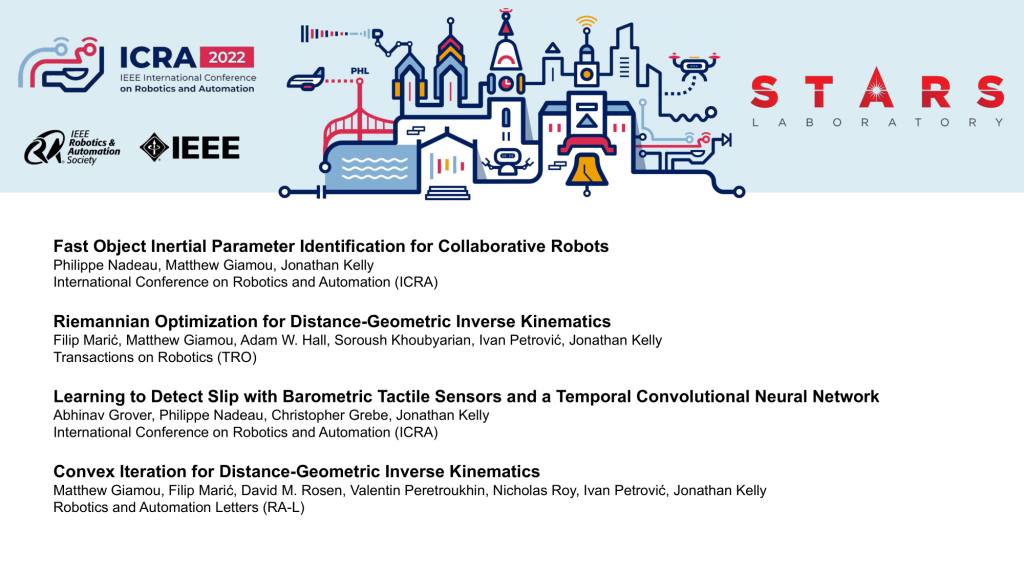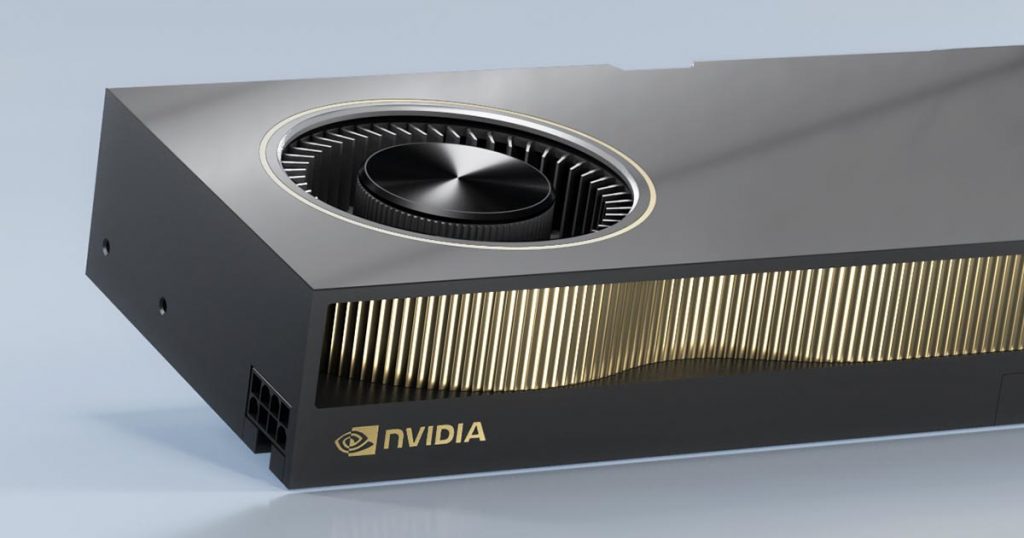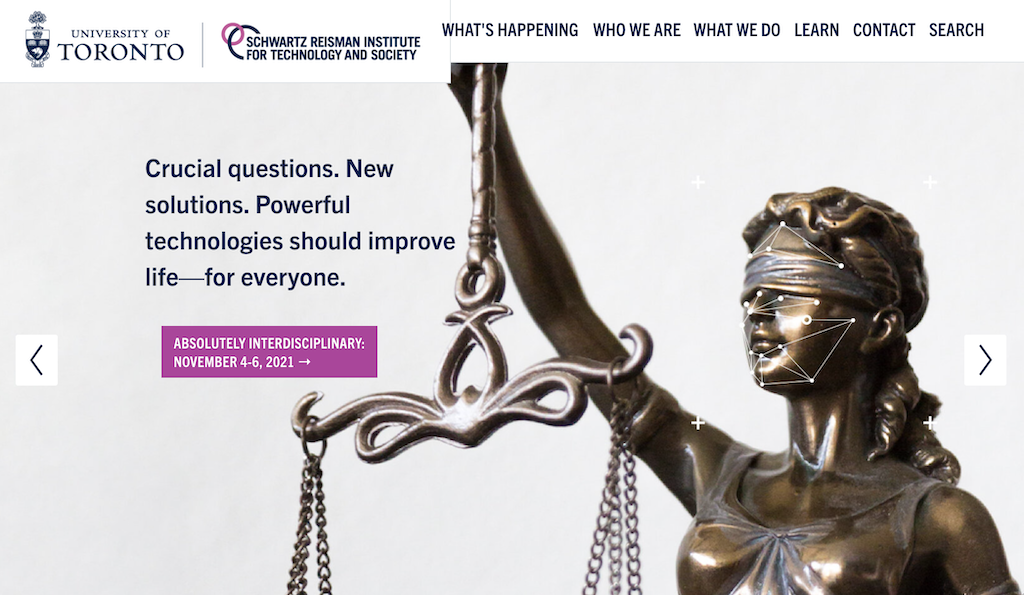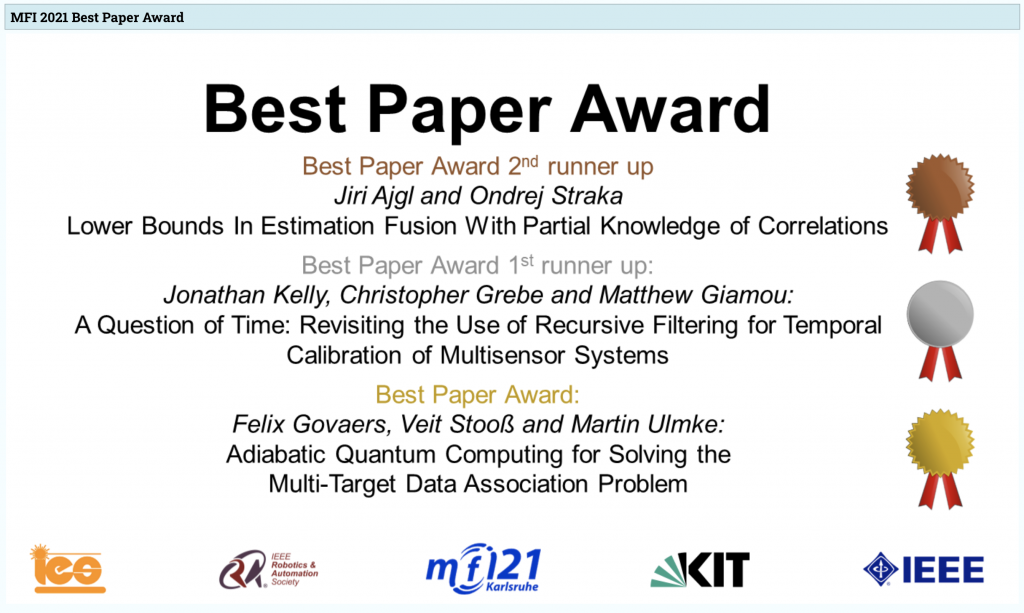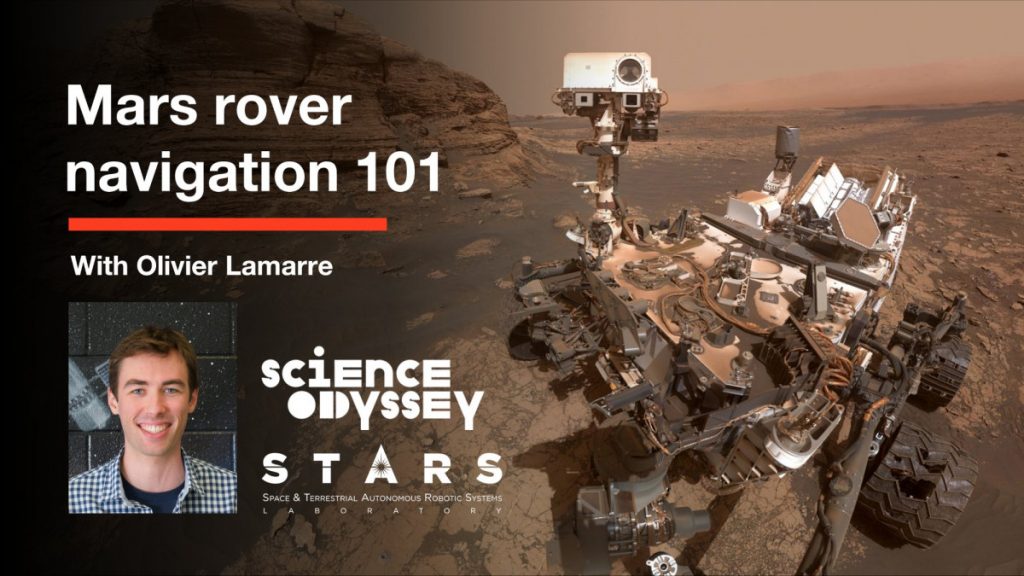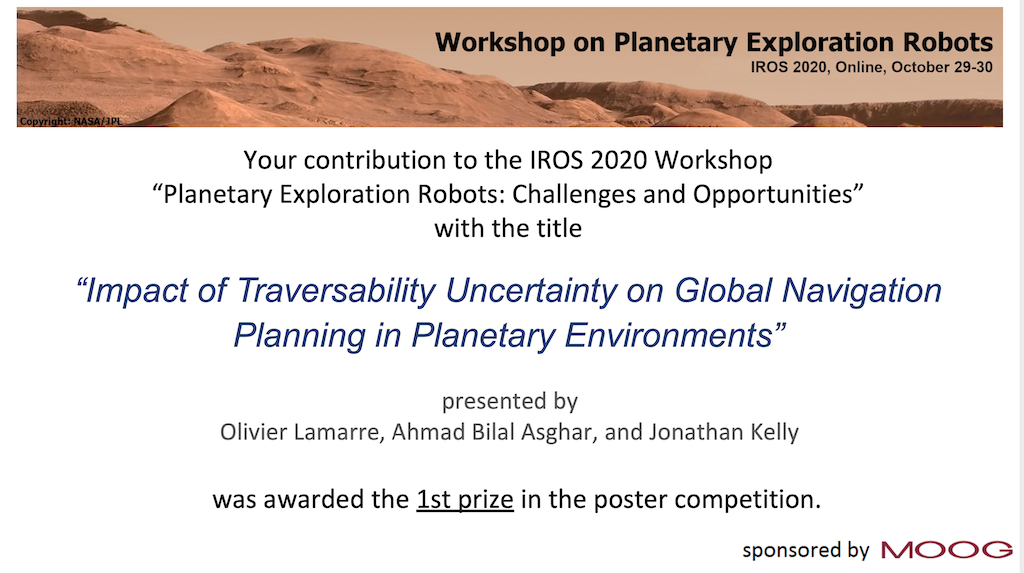We’re just a week away from ICRA 2022! Our laboratory will present four papers at this year’s ICRA conference in Philadelphia. Two papers discuss our recent work on a distance-geometric formulation of inverse kinematics – by unifying the problem domain and co-domain, we avoid dealing with joint angle variables and are able to leverage key results from low-rank matrix completion theory and Riemannian optimization:
F. Marić, M. Giamou, A. W. Hall, S. Khoubyarian, I. Petrović, and J. Kelly, “Riemannian Optimization for Distance-Geometric Inverse Kinematics,” IEEE Transactions on Robotics, 2021. (Early Access) [Online]. Available: https://arxiv.org/abs/2108.13720.
M. Giamou, F. Marić, D. M. Rosen, V. Peretroukhin, N. Roy, I. Petrović, and J. Kelly, “Convex Iteration for Distance-Geometric Inverse Kinematics,” IEEE Robotics and Automation Letters, vol. 7, no. 2, pp. 1952– 1959, Apr. 2022. [Online]. Available: https://arxiv.org/abs/2109.03374.
Our third paper investigates ways to efficiently recover the inertial parameters of manipulated objects, ensuring physically-plausible and accurate results even when operating in the typical cobot motion regime (i.e., slowly and safely):
P. Nadeau, M. Giamou, and J. Kelly, “Fast Object Inertial Parameter Identification for Collaborative Robots,” in Proceedings of the IEEE International Conference on Robotics and Automation, Philadelphia, Pennsylvania, USA, May 23–27, 2022. [Online]. Available: https://arxiv.org/abs/2203.00830.
Our fourth paper explores the use of low cost, slim, and lightweight barometric tactile sensors for slip detection. We take a data-driven, learning-based approach by training a TCN to reliably detect slip events from the raw barometer data stream. Cheap and useful for a wide range of applications:
A. Grover, P. Nadeau, C. Grebe, and J. Kelly, “Learning to Detect Slip with Barometric Tactile Sensors and a Temporal Convolutional Neural Network,” in Proceedings of the IEEE International Conference on Robotics and Automation, Philadelphia, Pennsylvania, USA, May 23–27, 2022. [Online]. Available: https://arxiv.org/abs/2202.09549.
